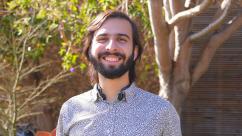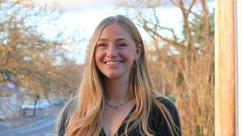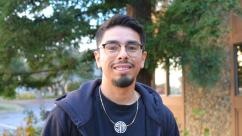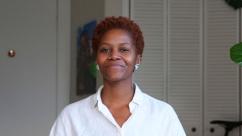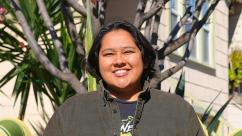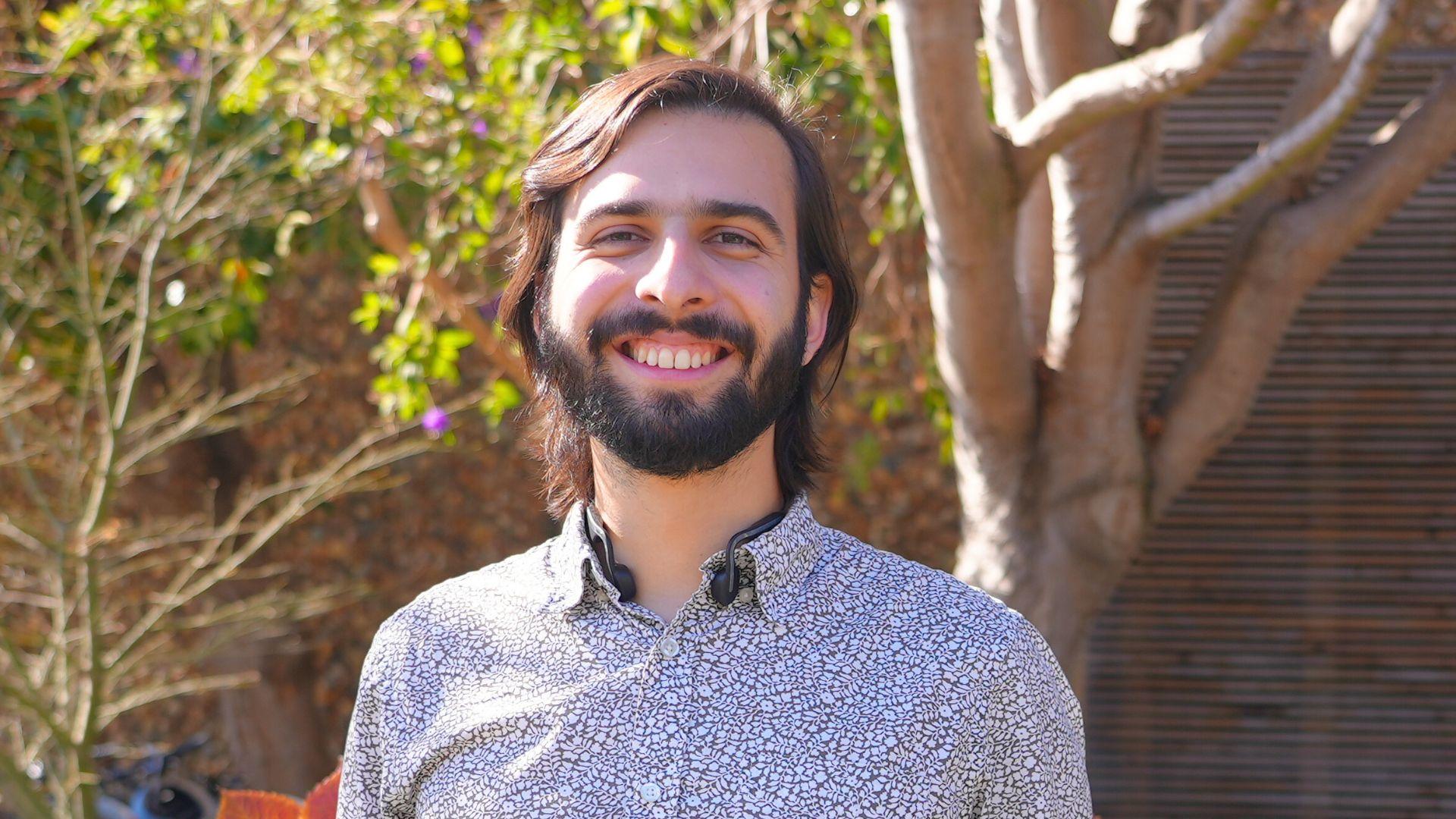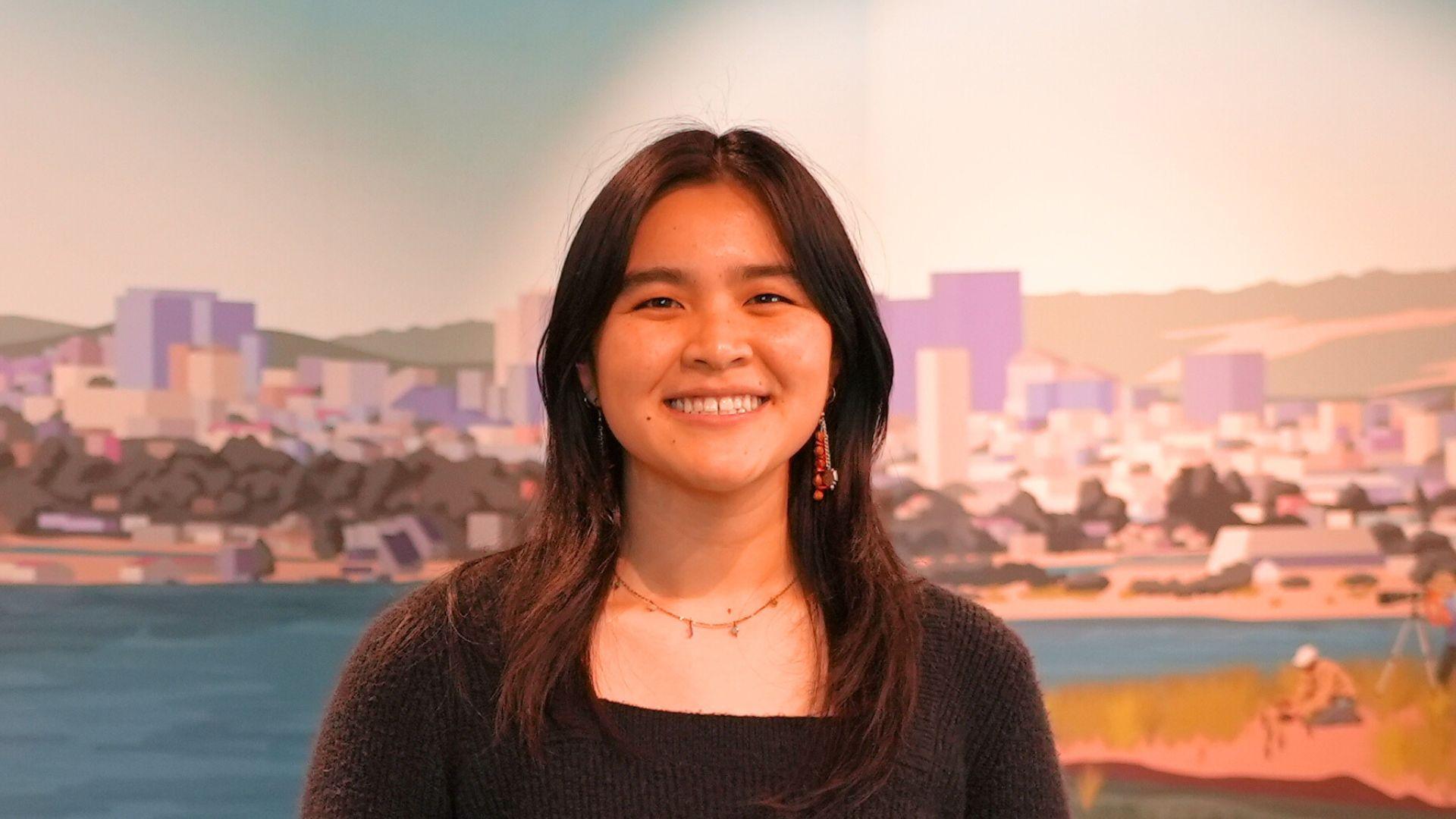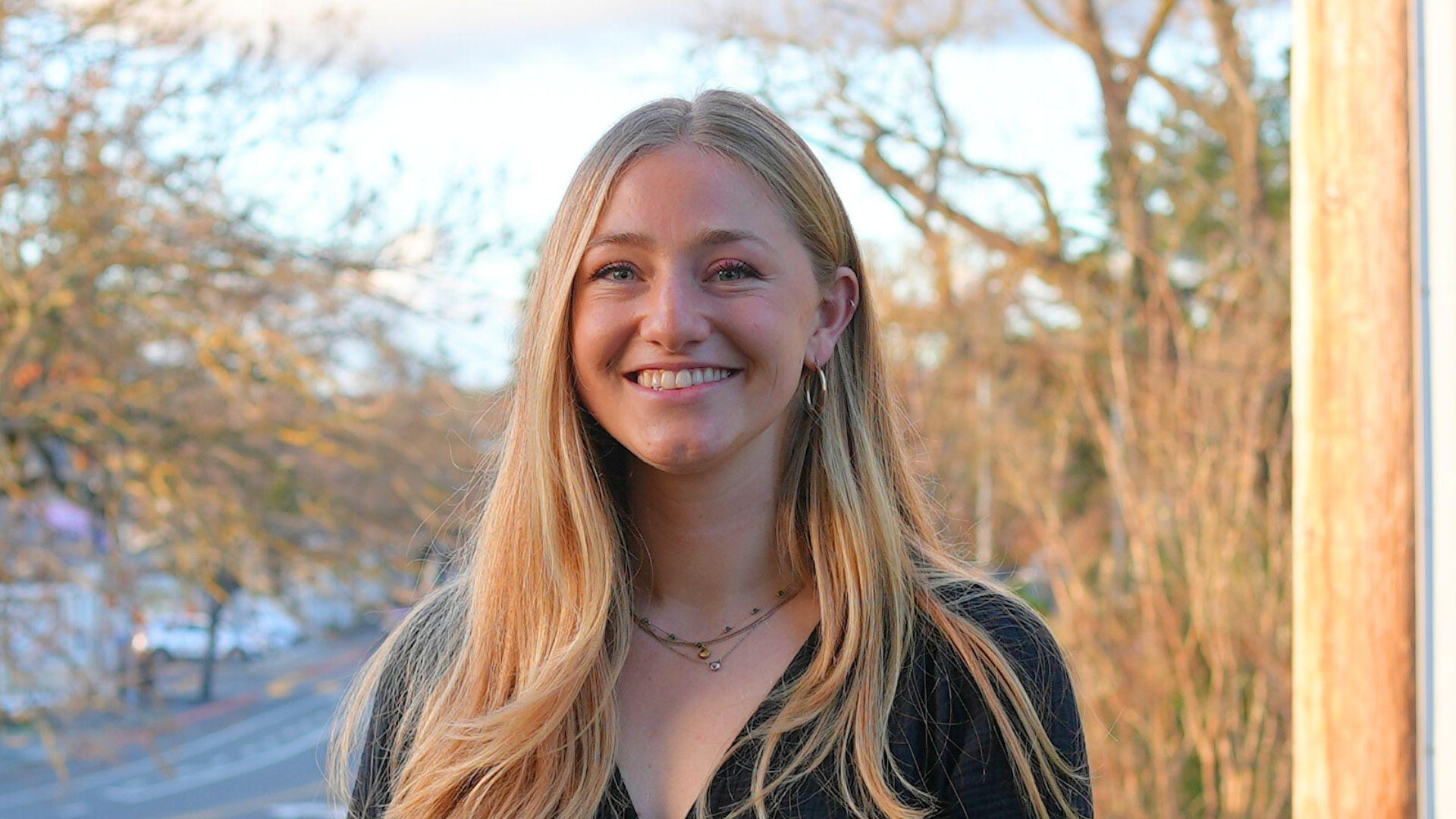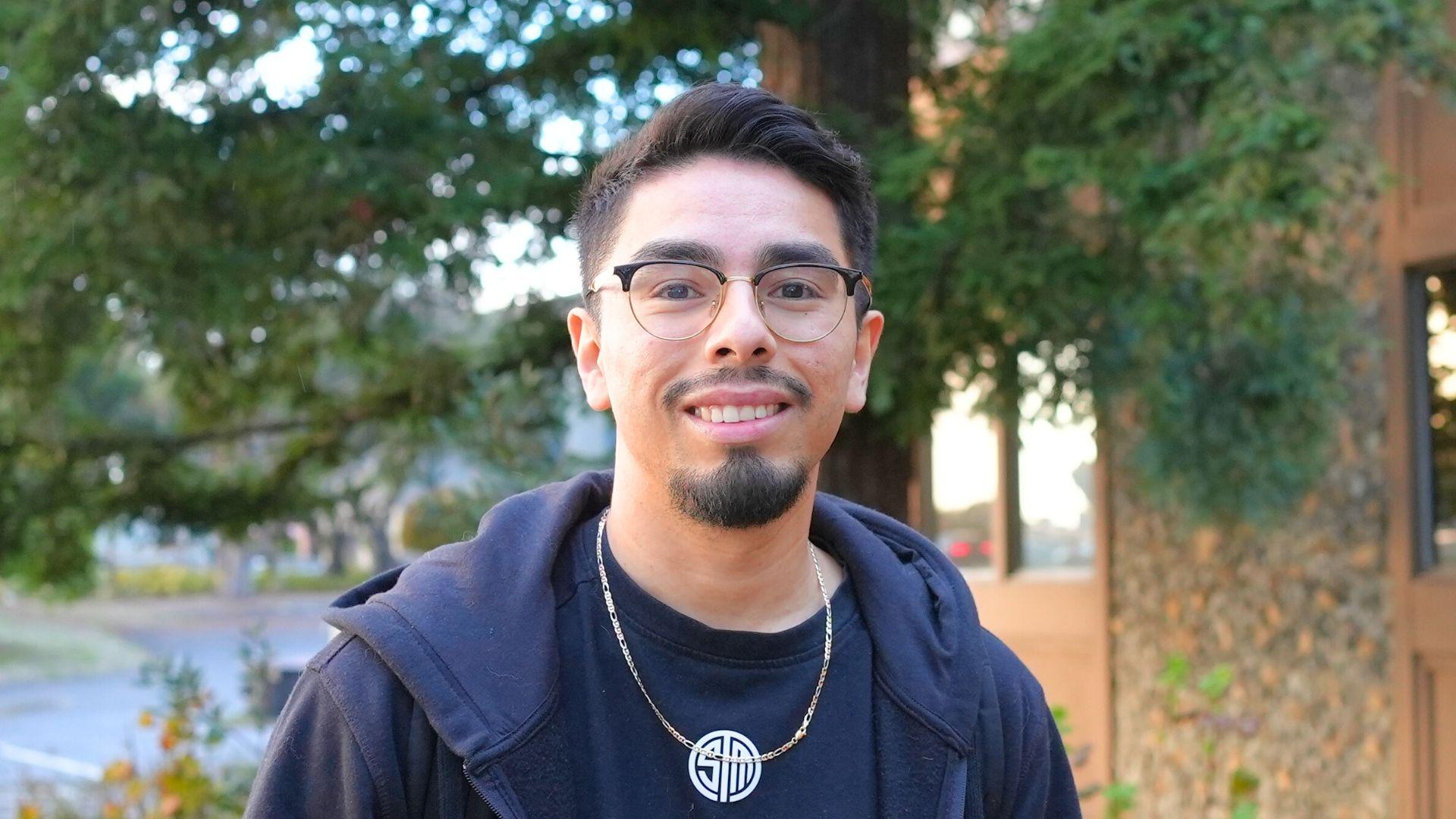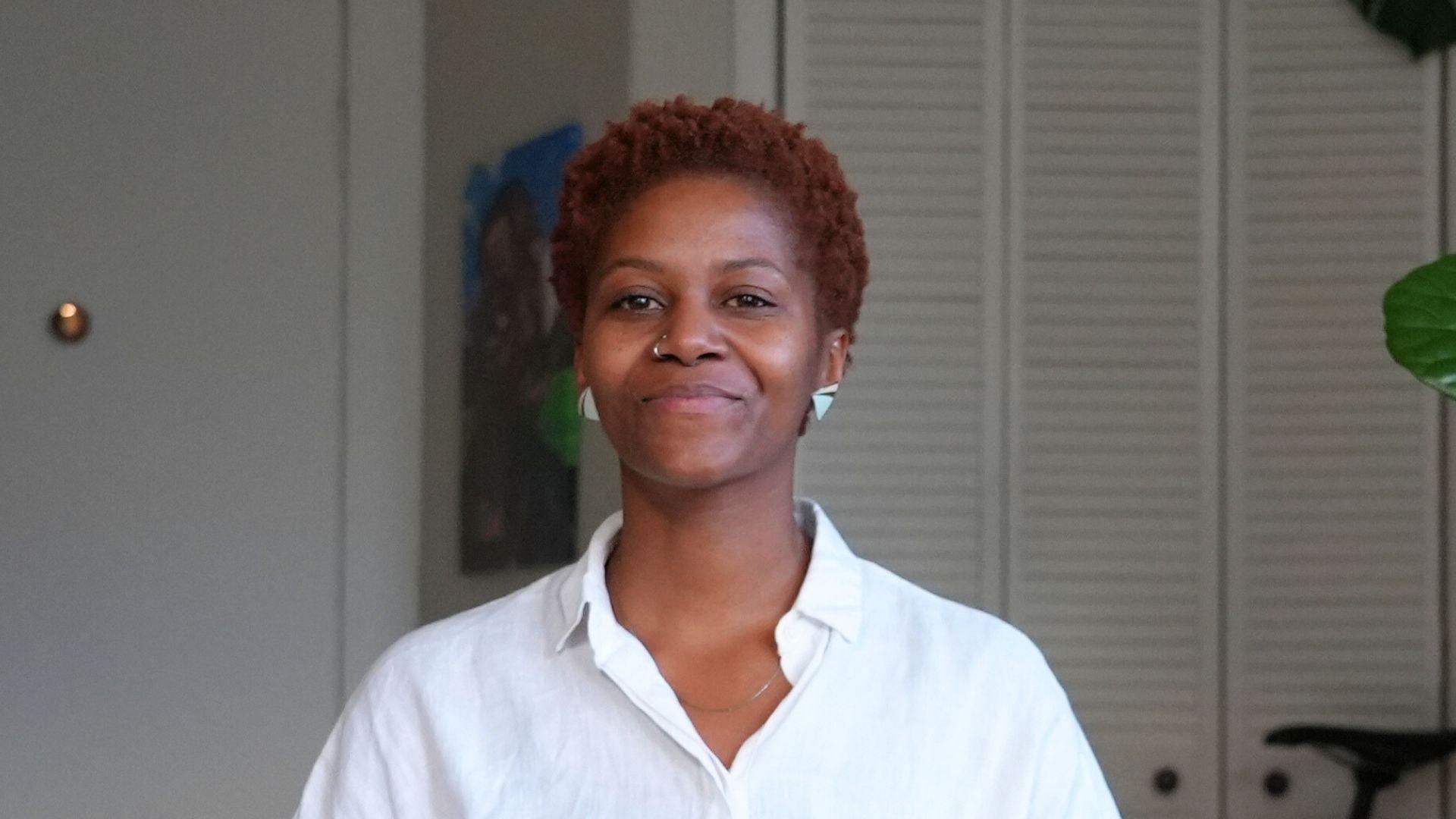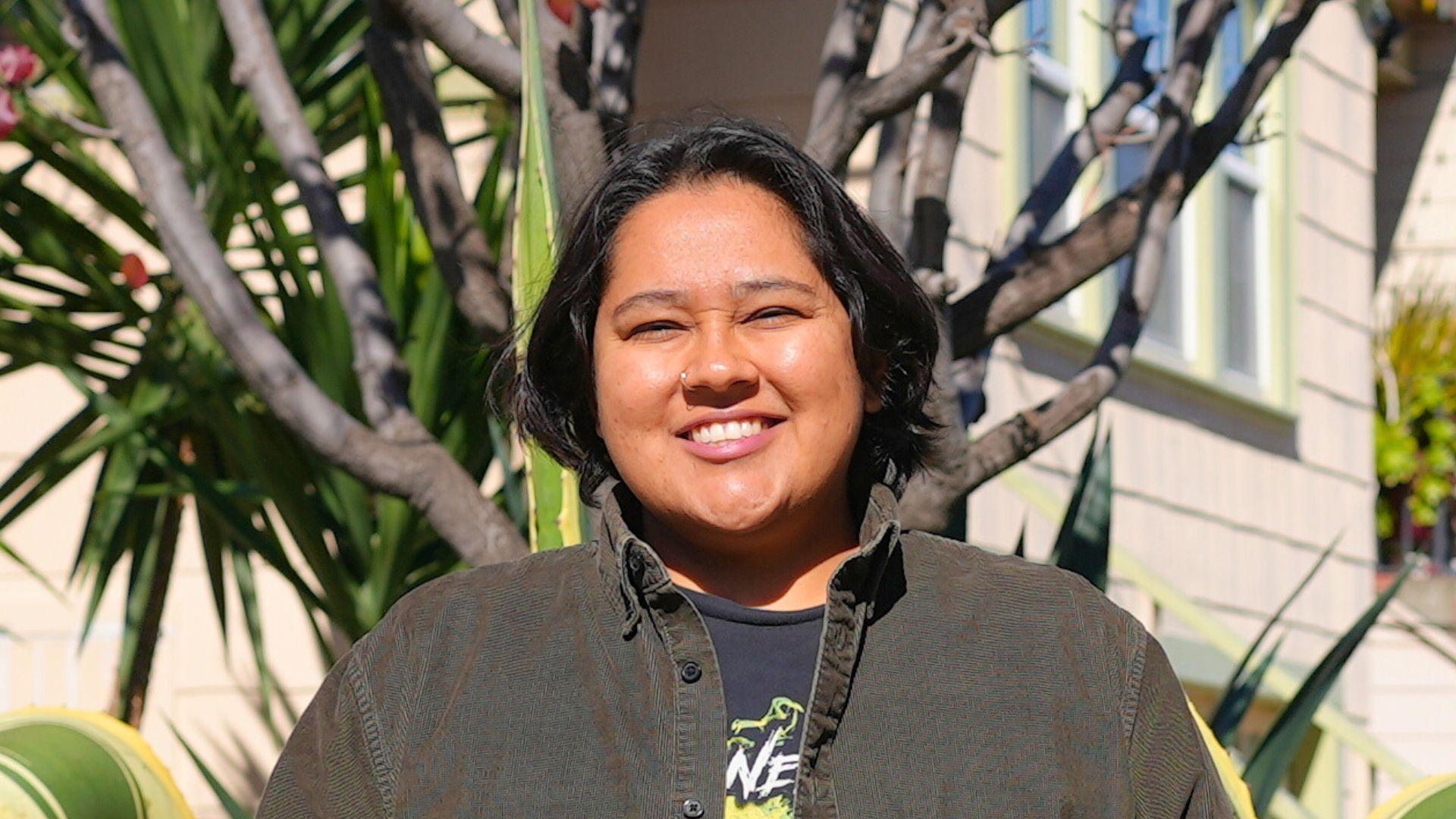Ashia Ajani: Positioning Youth as Climate Justice Warriors
In this Episode
Ashia’s Story
Ashia Ajani is the Climate Resilient Schools Educator with Mycelium Youth Network, whose work combines ancestral knowledge with STEAM (Science, Technology, Art, and Math) curriculum to position young people to think critically about how they can promote climate justice, create new worlds, and see themselves as warriors, visionaries, and caretakers toward their environment. Ashia's passion and work amplifies the importance of ancestral knowledge such as plant medicines, water protection, and survival skills through role-playing and problem-solving in a climate-challenged world. As a poet, Ashia writes and shares work that draws upon her experiences and perspectives, often incorporating healing relationships and restoring connection with nature. Ashia's work through the Mycelium Youth Network is free or low-cost to low-income youth in the Bay Area, who are already more vulnerable to climate change, making her role an essential preparation and proactive response for today's generation of leaders.
Discussion Questions
One of the most important things you can do regarding climate change is talk about it.
- Mycelium Youth Network uses mycelium – perhaps the world's largest organism, a network of underground connections, and a key development stage in the life cycle of mushrooms – as a metaphor for their work. A mycelium is an underground fungal network hidden beneath the soil, which grows in dense, thread-like formations and is necessary for the fruit of the mushroom to appear above ground. Ashia Ajani shares, "Sometimes after it rains, you see a little mushroom… it's the fruit… the only thing you see on the surface [but] below is the mycelium. It's like these wispy…veins, riverways, all the different connections; they are little tendrils that speak to each other underground. That is the driving principle behind the Mycelium Youth Network, this grassroots, underground network of climate survivors." Have you ever experienced the power of a network or community coming together to prepare for or respond to a big challenge? Do you have an example of when you could achieve more by joining a group of like-minded people to address a problem or create a solution rather than go it alone? How might the idea of a strong network be important for supporting our ability to respond to and prepare for climate change?
- Understanding historical challenges is a critical frame that Ashia relies on as a writer, poet, and creative to speak to history’s relevance today, to share the beauty of the Black diaspora, and to imagine a better future. She shares, "There is a very specific reason that a lot of folks do not want to contend with the horrors of the Transatlantic Slave Trade and the horrors of the genocide of Native Americans. That is very integral to my story because you cannot listen to my story without knowing that… It's super important for Black folks to know their history, but I think it's really important for everybody who occupies this land…We have to think about the hard things…and we have to work through the guilt, the shame, the not belonging, and the rage that comes with that because that is the only way that we are ever going to really contend with a lot of our current issues... I and so many of us are a direct product of those wounds, but we are also a direct product of that resilience, of that creativity, of that desire, that zest for life. That ability to share stories, hold seeds, cultivate culture, [and] knowledge. My story is in direct lineage of that.” Take a moment to reflect on the following prompts that Ashia provides, "What does it mean to be alive…to be human in this time?" "What are the things that give me hope, that ground me, that give me pause? What are the things I love?"
- Ashia speaks to the danger of narratives that can perpetuate stereotypes and instead implores us to push the bounds of what our stories can be. Growing up in Denver, Ashia experienced being in awe of the natural world and recalls how people responded to her being in outdoor spaces as exotic or unusual. She shares the importance of reshaping this view to recognize that “the environment is all around us, and we are a part of it.” Growing up, Ashia was inspired by the TV show “That's So Raven” because it centered on a Black family whose stories were more than a single narrative of trauma and struggle; they included magic, play, and joy. Ashia shares, "Due to inherited trauma and racism and epigenetics, Black folks are constantly stressed…That's a lot to weigh on your spirit…what would it look like for us to rest, to engage in this glorious struggle, not for the sake of struggle but towards something that is ours and meaningful." What is an example of a movie or television show that has helped you see beyond a stereotype or single narrative? How have you witnessed climate change in entertainment or media? What ideas do you have for the entertainment industry to create intersectional stories, whether through movies, shows, gaming, or books, to show that there is more to the types of climate stories we can tell?
Learn More
Learn about the solutions in this story.
- Solution Sector:
- Solutions Cluster:
- For more on all of Project Drawdown’s climate solutions, visit drawdown.org/solutions
- Learn more about Ashia’s work at Mycelium Youth Network
Explore Climate Solutions 101, the world's first major educational effort focused solely on climate solutions. This video series combines Project Drawdown’s trusted resources with the expertise of inspiring, scientifically knowledgeable voices from around the world: drawdown.org/climate-solutions-101.
Check out the Drawdown Roadmap, a science-based strategy for accelerating climate solutions that ensures efforts to stop climate change by governments, businesses, investors, philanthropists, community organizations, and others are as impactful as possible.
Visit the Yale Program on Climate Change Communication, a resource that shares research, communications strategy, and opinion polling on climate communications.
Take Action
- Subscribe to the Project Drawdown newsletter to receive biweekly insights and inspiration to guide your own climate solutions journey.
- Drawdown Ecochallenge, presented by Ecochallenge.org, is a fun and social way to take measurable action on the top climate solutions. Take the challenge, and see how a few weeks of action add up to a lifetime of change for you and the planet. If you want to take action on climate solutions like Ashia, start a challenge today.
- The Drawdown Labs Job Function Action Guides are practical resources that highlight specific, high-impact climate actions employees in common corporate professions can take at work.
- ChangeX connects people with proven ideas for strengthening communities with the resources needed to implement those changes. Explore countless ways to improve your community and help the world reach drawdown.
- Climate Generation's Green Careers for a Changing Climate Instructional Supplement (for Grades 6-8) contains resources to help young people learn about Green STEM Careers—paths that use STEM skills to help reduce the impacts of climate change. Throughout this instructional supplement, students use Project Drawdown resources to make important connections between climate solutions and different careers.
- Solutions Journalism Network highlights the importance of reporting stories of climate solutions in the media to create a more equitable and sustainable world. Visit their Teaching Climate Solutions resource to find curated collections and the latest examples of climate solutions journalism.
- SubjectToClimate (StC) is a nonprofit online connector for K-12 leaders of all subjects to find materials on climate change at no cost. Explore StC’s educator-generated database to connect to Project Drawdown-based climate education resources.
Sign up to receive updates, provide ideas, and tell us how you might share Drawdown’s Neighborhood in your community.


